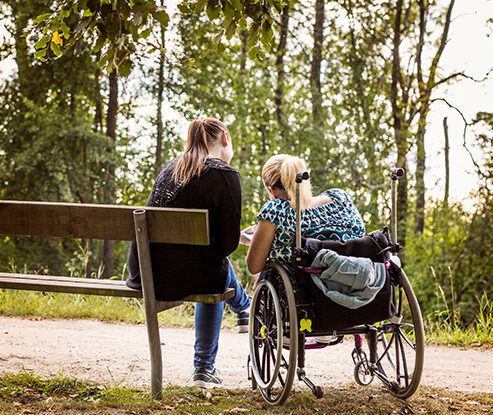Research published in the Journal of Clinical Psychopharmacology showed THC in marijuana may have a positive impact on sleep because it helped study participants feel tired quickly after using. Evidence also points to THC’s ability to improve breathing during sleep, which would be helpful for patients with sleep disorders. For those in need, the Compassionate Use Program Texas may provide access to such treatments under qualified conditions.
Sleep apnea is a condition associated with frequent breathing lapses during sleep. REM is the stage of sleep where people experience their most active dreaming and more apnea spells. Earlier research has proven THC to reduce the amount of time spent in REM sleep and increase the duration of slow-wave, deep sleep. This is beneficial for Sleep Apnea patients, PTSD patients, and patients with neurodegenerative disorders such as Parkinsons Disease.
Medical Marijuana Helps You Stay Asleep Longer
Trials show that when medical marijuana is given to patients, it can help:
- Increase total sleep time
- Counteract the groggy effects of THC the next morning
- Reduce interruptions in your sleep
Even though THC and CBD are useful on their own for sleep, they’re a straight-up slumber party when combined. The non-psychoactive cannabinoid CBD is shown to increase wakefulness. Instead of acting as a sedative, CBD is shown to work as a wake-promoting substance. CBD is excellent for supporting the balance or homeostasis of the endocannabinoid system. Not only is CBD helpful for promoting wakefulness, but it’s also been shown to help people fall asleep and stay asleep…as well as stay awake the next day. Some researchers contend that CBD could be a powerful agent for individuals with narcolepsy or who suffer from excessive daytime sleepiness. For those interested in exploring these benefits, the Compassionate Use Program Texas can provide guidance and access to these therapeutic options.





